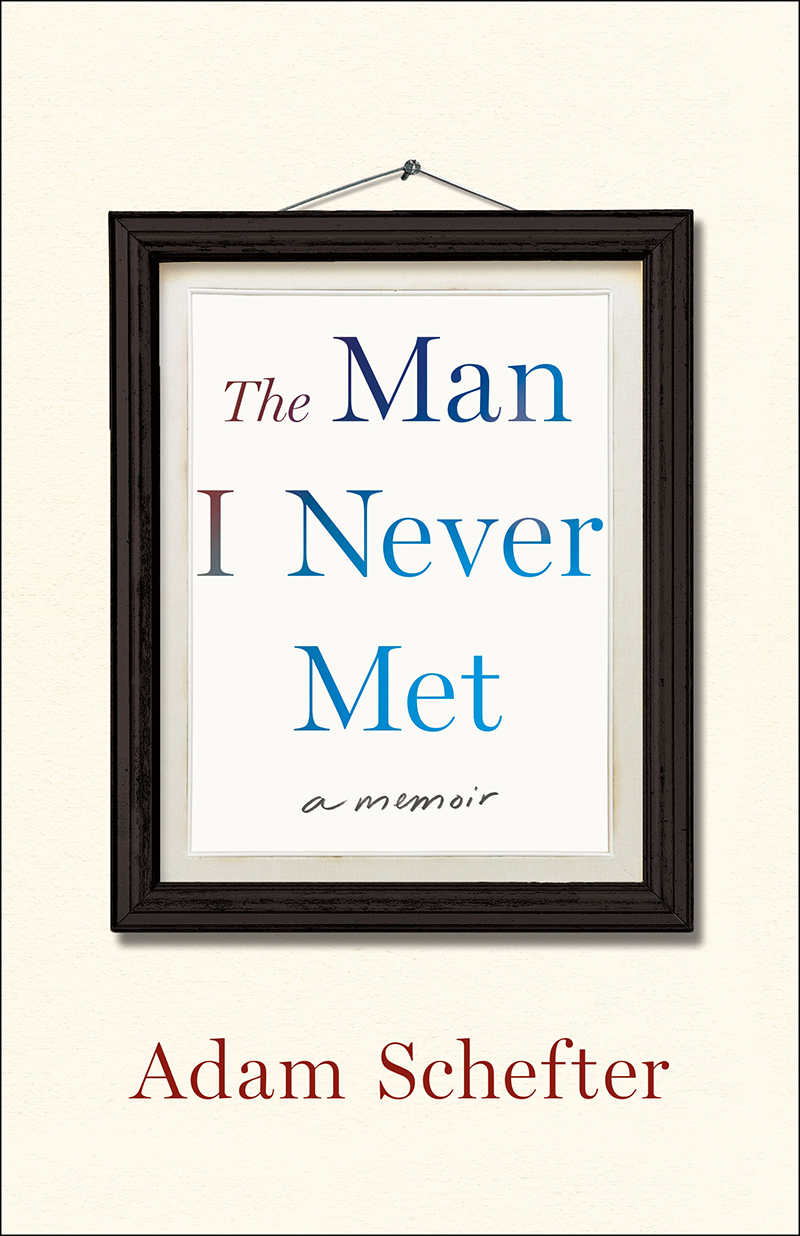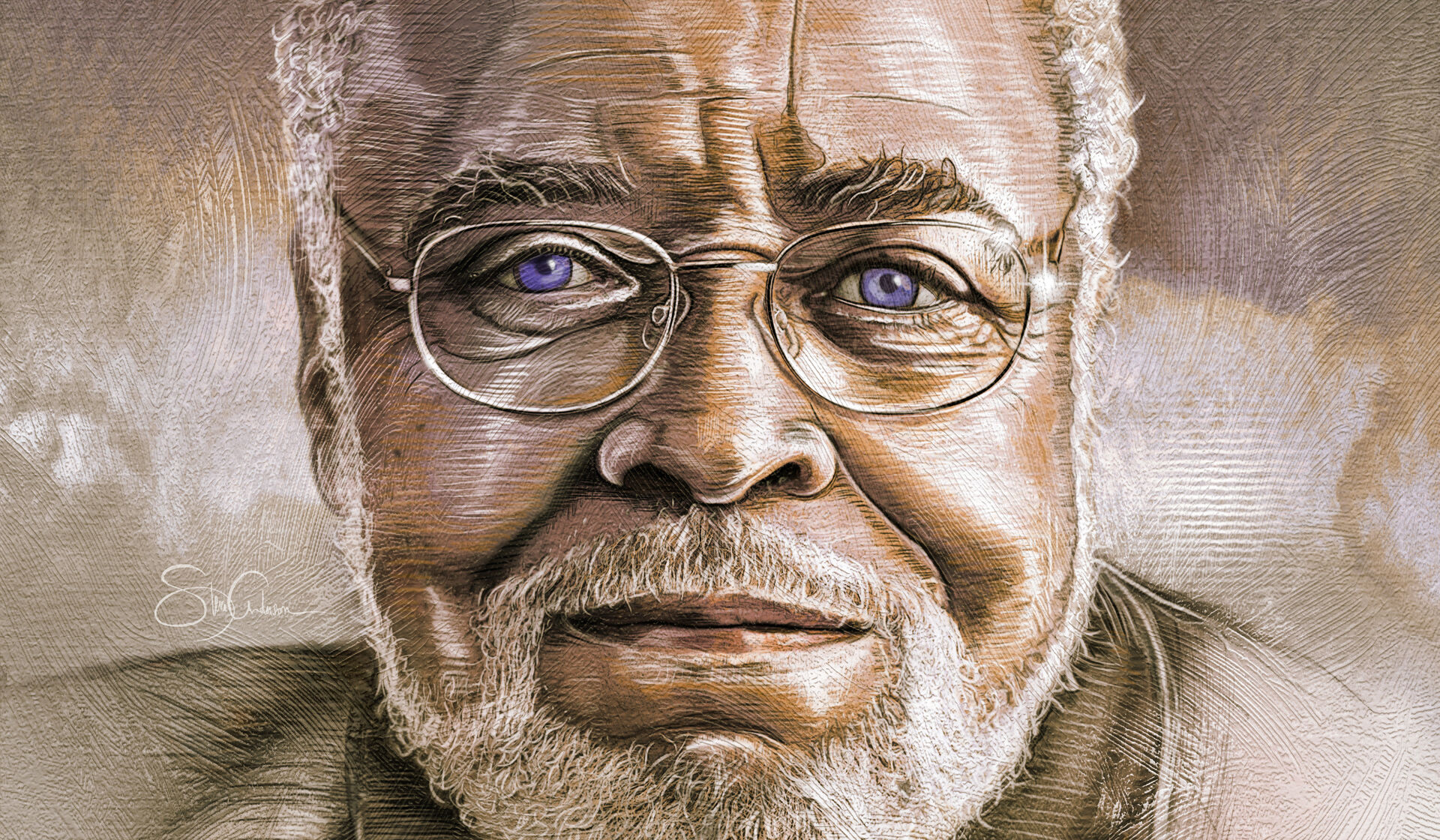In “The Man I Never Met” (St. Martin’s Press, 2018), Adam Schefter tells the story of his wife’s first husband, Joe Maio, who died in the north tower of the World Trade Center on 9/11. Maio left behind wife Sharri and their 15-month-old son Devon (now a freshman at U-M). Five years later, Sharri remarried Schefter. The two now have a daughter, Dylan. This excerpt povides a glimpse into their story, which Schefter co-wrote with fellow sports journalist Michael Rosenberg, ’96.
 It is the fall of 2017, and we are getting ready to renovate our house. This is not surprising. We are always renovating. My wife, Sharri, can’t seem to stop. She loves our house on Long Island, but she is never satisfied with it.
It is the fall of 2017, and we are getting ready to renovate our house. This is not surprising. We are always renovating. My wife, Sharri, can’t seem to stop. She loves our house on Long Island, but she is never satisfied with it.
This time, she wants to expand one room, combine two others, enlarge and enclose a patio, and build an attic for storage. I don’t entirely understand why we are doing this. But it is what Sharri wants, and I try to do what I can to always make her happy.
Before this renovation, she starts cleaning out her home office. She discovers an old Oxford-brand composition notebook, the kind with the mottled black-and-white cover that you might have used for your spelling or math homework in elementary school.
It is a journal.
Now, I should point out: I have kept my own detailed journal for most of my life. I started doing it when I was in college. My roommates and I were having the greatest time of our lives, but it was all becoming a blur. I struggled to remember the fun we’d had just a week earlier. It bothered me. I decided to keep a log of my actions and thoughts—just a stream-of-consciousness record of my days. On work trips, I keep my journal. On vacation, I keep my journal. It’s become as much a part of my day as eating or sleeping; it is something I always get done.
Maintaining a journal has not always been easy. But it is all there for me: every day of my life since 1990, separated into monthly files, every year, on my computer.
Sharri does not keep a journal. She teases me about mine: Did you remember to write that you went to the bathroom? But I can go back and find the name of a restaurant where I ate in Los Angeles or my hotel in Philadelphia. I can read about stories I worked on as an NFL reporter—first, covering the Denver Broncos, and then as a league insider for the NFL Network and ESPN. I can learn from my professional and personal experiences.
More importantly, I can go back and remember how I felt at any point in my life. Pride, sadness, frustration, loneliness, joy … they’re all in there. I can read about where I was, take stock of where I am, and connect the two to measure personal growth.
In her home office, Sharri picks up the journal. What is noteworthy about this journal is that it is not mine.
It is hers.
On the cover, she has written one word: Devon.
Inside, there is a single journal entry. It begins:
Devon,
This journal for you will never be perfect, the words, the sentences, may not be proper, but it’s important you know a little or a lot about your Dad. I’m writing today, Sept. 9, 2002, and as I write I’m watching my peaceful and very beautiful son asleep on my favorite seat outside my swing. You are only 27 months old and who knows when you will read this. Our Dog Riley lays beneath the swing keeping a watchful eye on everything. It is, as I now call them, a “beautiful Sept. 11 morning,” no clouds, only sun, just like that day.
I’ve wanted to do this for a year now, but it was (too) hard. I feel a bit stranger now, a lot older, less tolerant of garbage. Part of me is ecstatic that you are too young to understand what happened to your Dad. The other part is Angry that you never got the chance to know this beautiful, beautiful man who loved you more than his own life!
How horribly unfair this world is. We were all robbed. Your Dad was only 32 years old. He never had a chance to survive those horrible people who did this.
She had stopped writing there.
The story you are reading is not just about September 11. We all know what happened on September 11.
This story is about September 12—and every day after.
It is about finding happiness in the most unlikely places. Sometimes grief leads to love, sadness begets joy, and death makes a family grow larger. The worst days carry us toward some of the best. As much as we’d like to extricate one emotion from the rest, that is impossible.
This is a story about loss and comfort, about pain and beauty. It is about the steps we take because we want to, and the steps we take because we have no choice.
A lot of families have a story like that.
This is ours.





